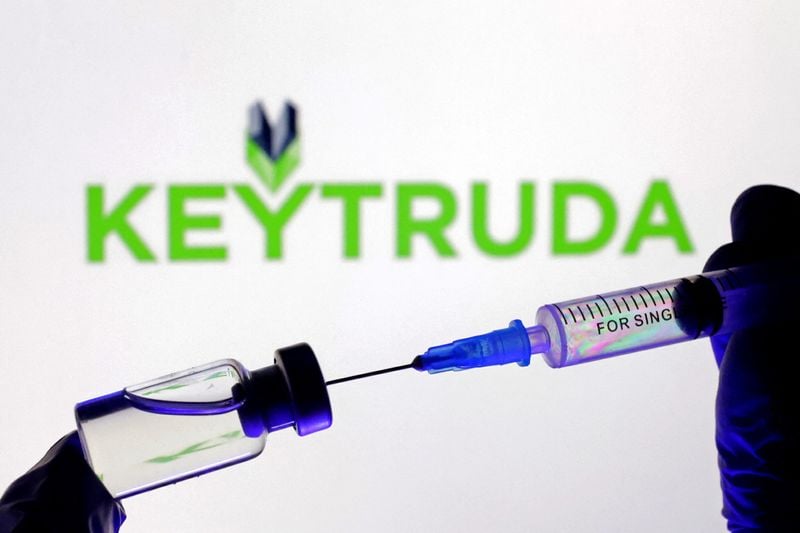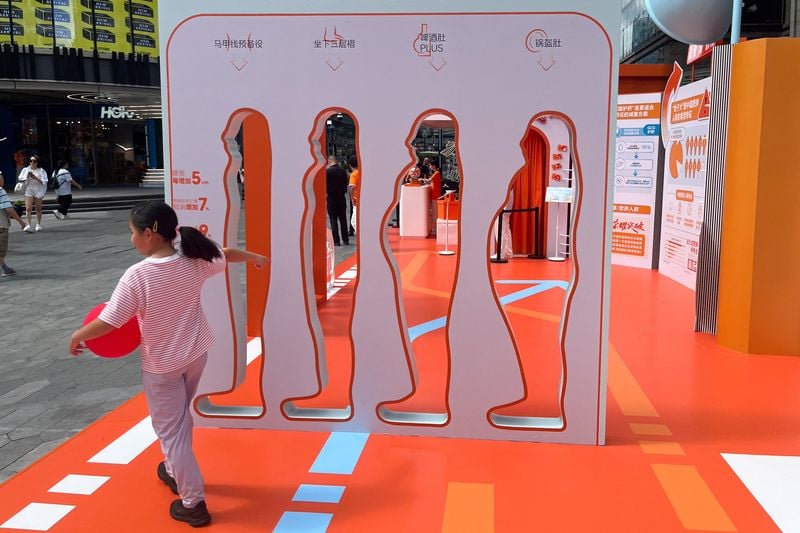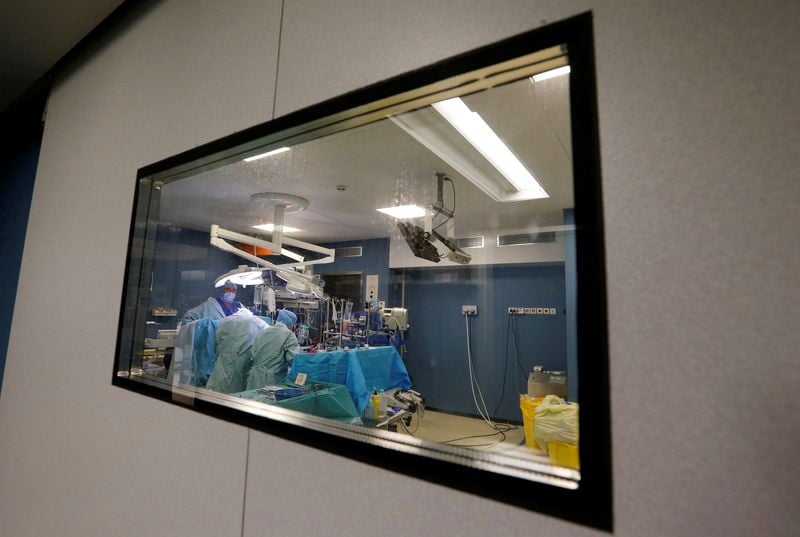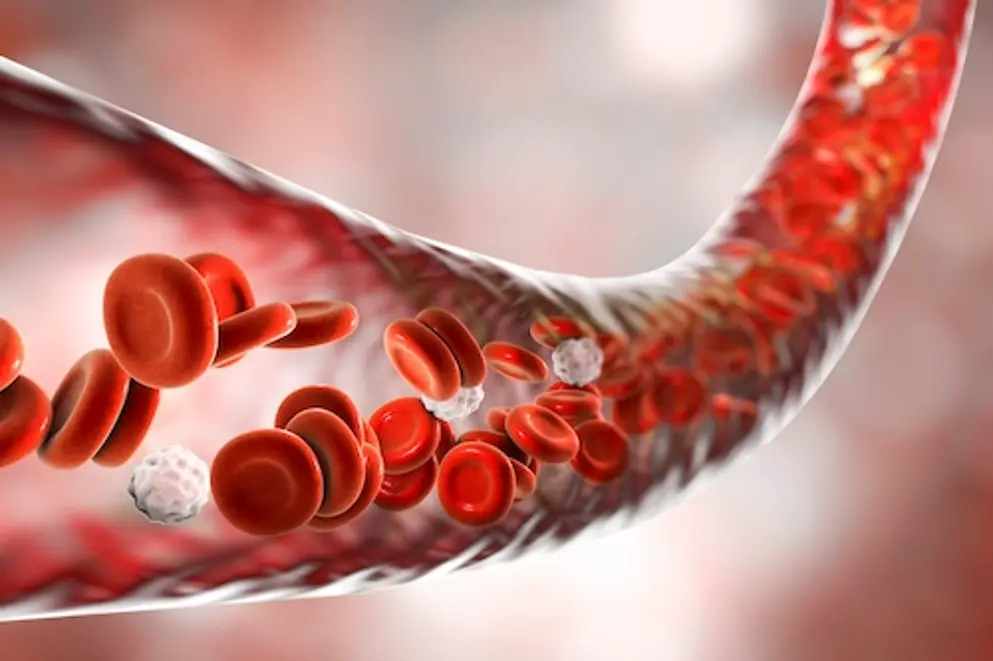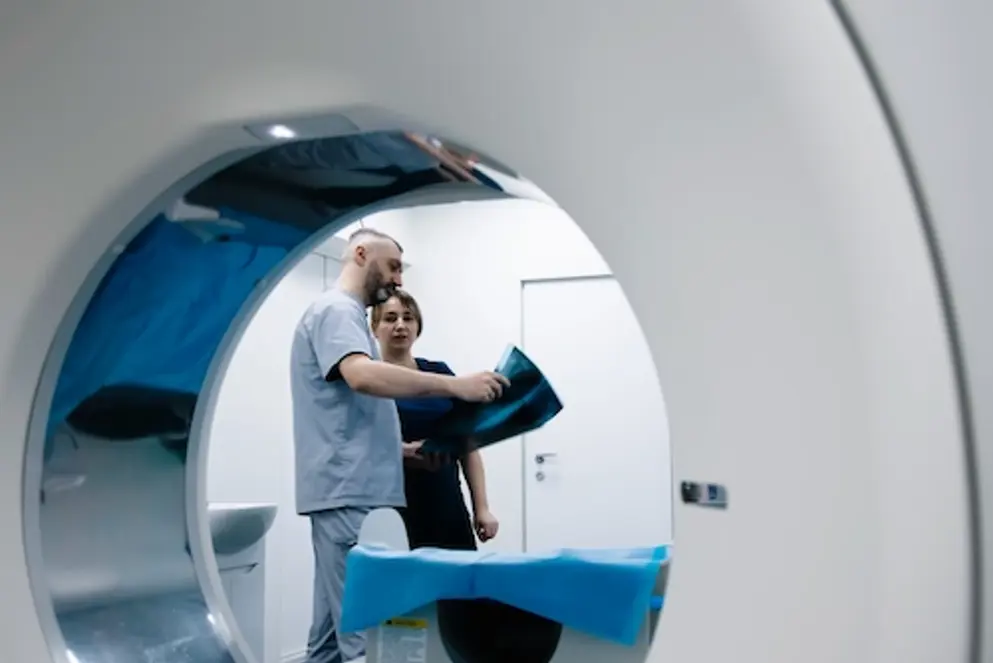
News
Stay ahead with up‑to‑date medical news from around the world, plus the latest trial data and guideline updates summarized by our scientific team. You’ll also find concise overviews of specific therapy areas in our clinical insights articles, with key takeaways you can apply to your practice today.
Sign up to our newsletter for updates straight to your inbox.
Latest news
Research and guideline updates
Emerging targeted therapies in LOPD
WORLDSymposium 2026 data highlight AT845, AB‑1009, and ABX1100 as novel approaches for targeting disease pathways in late-onset Pompe disease.
ST-920 gene therapy outcomes in Fabry disease
WORLDSymposium 2026: Sustained α-Gal A expression, lyso-Gb3 reduction, and signals of renal and cardiac stability after ST-920 for Fabry disease.
Targeted approaches emerge in Fabry disease
Early cardiac changes, real-world data, and long-term gene therapy results from WORLDSymposium 2026 offer new clinical evidence in Fabry disease.
Newborn screening guides Pompe care
Newborn-screening data and advances in biochemical screening highlight how early detection and biomarker-guided follow-up shape Pompe care.
PRIME shifts MRI diagnosis standard
The PRIME trial provides evidence for biparametric MRI as a new standard-of-care alternative to multiparametric MRI in prostate cancer diagnosis.
Study confirms EHR‑CAT score for VTE risk
A US study validates the EHR‑CAT score for predicting CAT, outperforming the Khorana score and enabling more accurate risk stratification.


